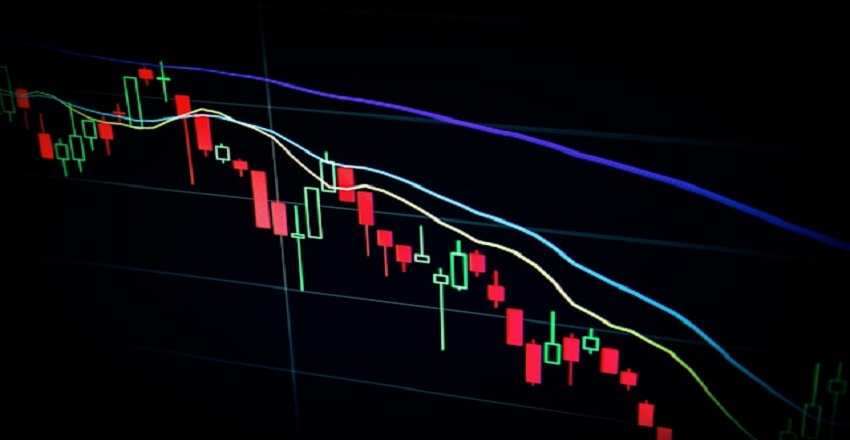
The Forex market, short for the foreign exchange market, is the largest and most liquid financial market in the world. Unlike the stock market, which deals in shares of companies, the Forex market is all about trading currencies. Every time you travel abroad and exchange your local money for foreign currency, you’ve participated in Forex — just on a smaller scale. Traders and investors around the globe trade trillions of dollars daily, making Forex an incredibly dynamic and fast-moving market.
At its core, Forex trading involves buying one currency while selling another. Currencies are traded in pairs such as EUR/USD (Euro against the US Dollar), GBP/JPY (British Pound against the Japanese Yen), or USD/CHF (US Dollar against the Swiss Franc). If you believe the Euro will strengthen against the Dollar, you buy the pair; if you think the Dollar will rise, you sell. It’s this constant back-and-forth that makes Forex both exciting and challenging.
The Forex market operates 24 hours a day, five days a week, across different global financial centers — from London to New York, Tokyo to Sydney. This round-the-clock availability is what makes Forex unique compared to other financial markets. Traders can react instantly to breaking news, government policies, or economic data releases.
The market itself is decentralized, meaning there is no physical exchange like the New York Stock Exchange (NYSE). Instead, it operates through a global network of banks, brokers, and financial institutions. With the rise of online trading platforms, retail traders like you and me can now access the same markets that used to be reserved for large institutions.
There are several key players in the Forex market:
Central Banks: They influence currency values through monetary policy. For example, when the Federal Reserve raises interest rates, the US Dollar often strengthens.
Commercial Banks and Financial Institutions: They conduct large-scale currency trades on behalf of clients or for hedging purposes.
Corporations: Companies involved in global trade use Forex to pay suppliers and protect themselves from currency fluctuations.
Retail Traders: Everyday individuals who speculate on currency movements for profit.
Forex is attractive for several reasons. First, it offers high liquidity, meaning you can enter and exit trades easily. Second, it provides leverage, allowing traders to control larger positions with smaller investments. However, while leverage can multiply profits, it also increases the risk of losses.
Another reason is accessibility. You don’t need huge capital to start trading Forex. Many brokers allow accounts with as little as $100. Plus, with demo accounts, beginners can practice without risking real money.
The most traded currency pairs are known as the majors, including EUR/USD, GBP/USD, USD/JPY, and USD/CHF. These pairs usually have tight spreads and high liquidity. Then there are minors (pairs not involving the USD) and exotics (a major currency paired with one from an emerging market like USD/TRY — the US Dollar and Turkish Lira).
Like any financial market, Forex comes with risks. Sudden news events — such as geopolitical tensions or unexpected policy changes — can cause sharp price movements. Beginners should always use risk management tools like stop-loss orders to limit potential losses.
In conclusion, the Forex market is an exciting space that offers opportunities to anyone willing to learn. Understanding the basics — how it works, who participates, and what drives currency movements — is the first step toward becoming a confident trader.